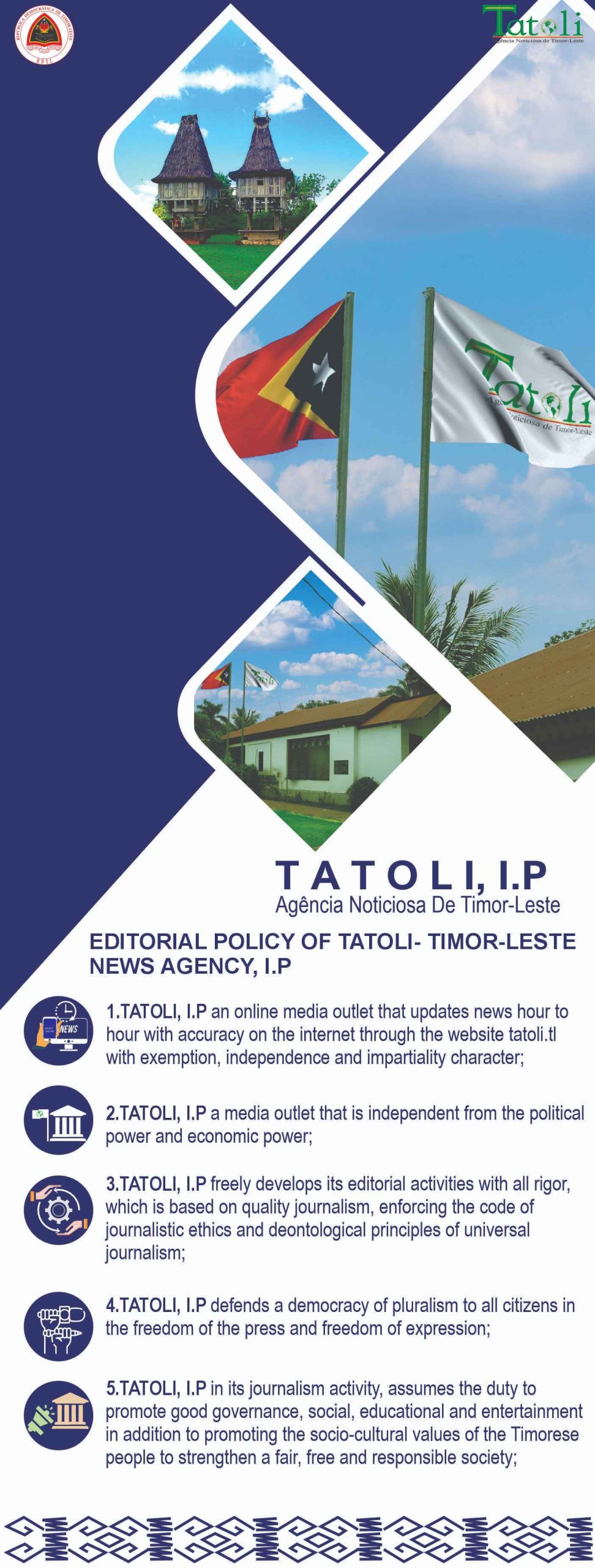DILI, 22 august (TATOLI) – Timor-Leste’s economic growth is expected to improve this year, driven by government investment in infrastructure, rising tourism, and steady remittance inflows, according to World Bank’s semi-annual Timor-Leste Economic Report.
Annual gross domestic product growth is forecast to approach 3% this year, up from 2.3% in 2023, and pick up to an average of 3.7% from 2024 to 2026, the World Bank said.
The report, “Leveraging WTO Accession for Economic Transformation,” provides a comprehensive assessment of the country’s recent macroeconomic developments, outlook, and risks, with a special focus on the transformative potential of the country’s accession to the World Trade Organization (WTO).
“The accession to the WTO marks a significant milestone for Timor-Leste and opens up pivotal opportunities for economic transformation,” said Bernard Harborne, the World Bank Resident Representative for Timor-Leste.
“By aligning domestic policies with international best practice Timor-Leste can improve its business climate, attract much-needed foreign investment, and drive sustainable growth. However, realizing these benefits will require dedicated efforts by the Government towards structural reform and effective policy implementation,” Harborne said.
The report provides an in-depth analysis of the economic benefits and domestic regulatory reforms associated with WTO membership, and emphasizes the importance of enhancing trade facilitation, improving infrastructure resilience, and implementing policies that support export diversification and private sector growth
Kay recommendations include steps that will preserve the country’s Petroleum Fund, a sovereign wealth fund established to manage the country ‘s oil wealth. Maintaining the fund at current levels would require spending and revenue reforms. The report also calls for the better utilization of grant financing and concessional loans offered by donors and development partners.
Above all, the report also highlights the importance of diversifying the economy by developing non-oil sectors, particularly agriculture and manufacturing. “Specifically, efficient investments in capital spending aimed at addressing infrastructure deficiencies and reducing production costs for the private sector are expected to be particularly impactful,” the report said.
Journalist: Camilio de Sousa
Editor: Filomeno Martins















